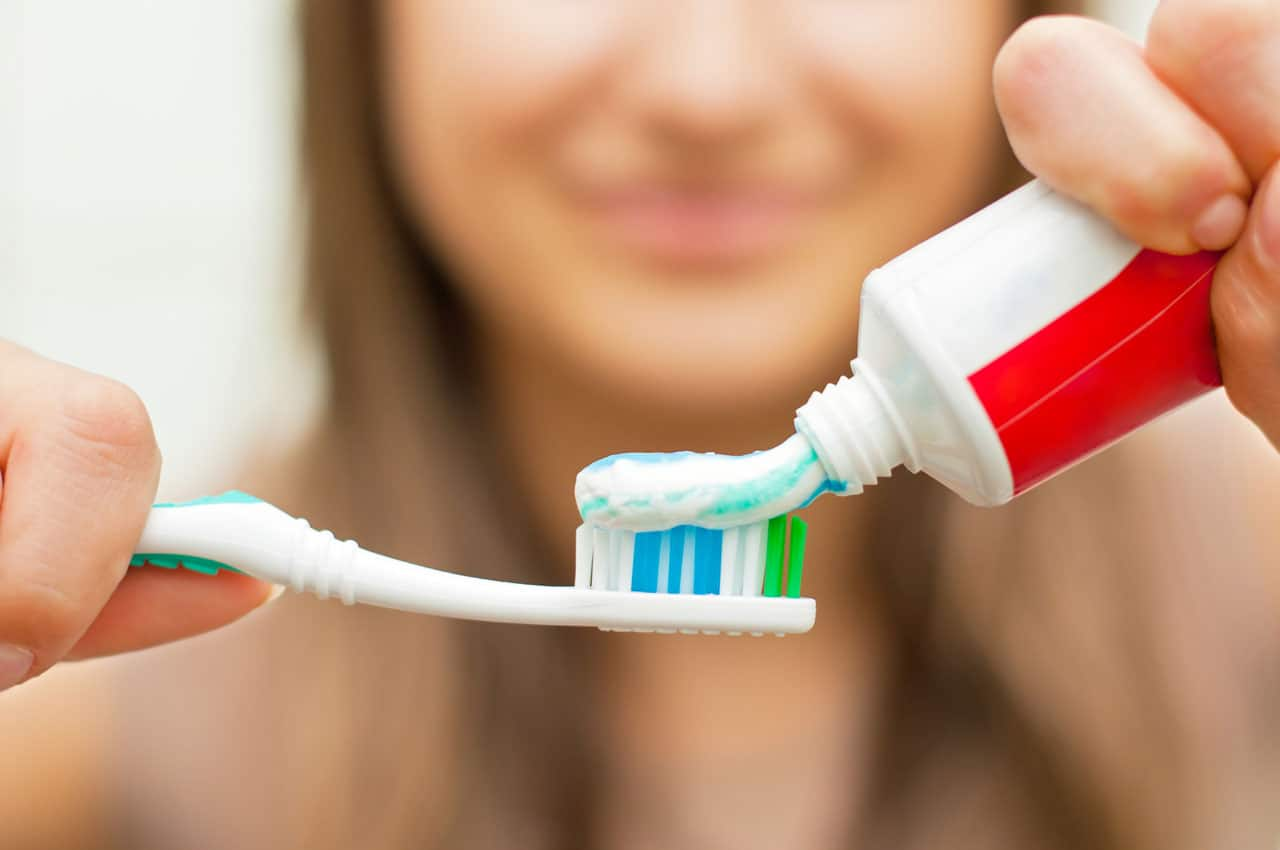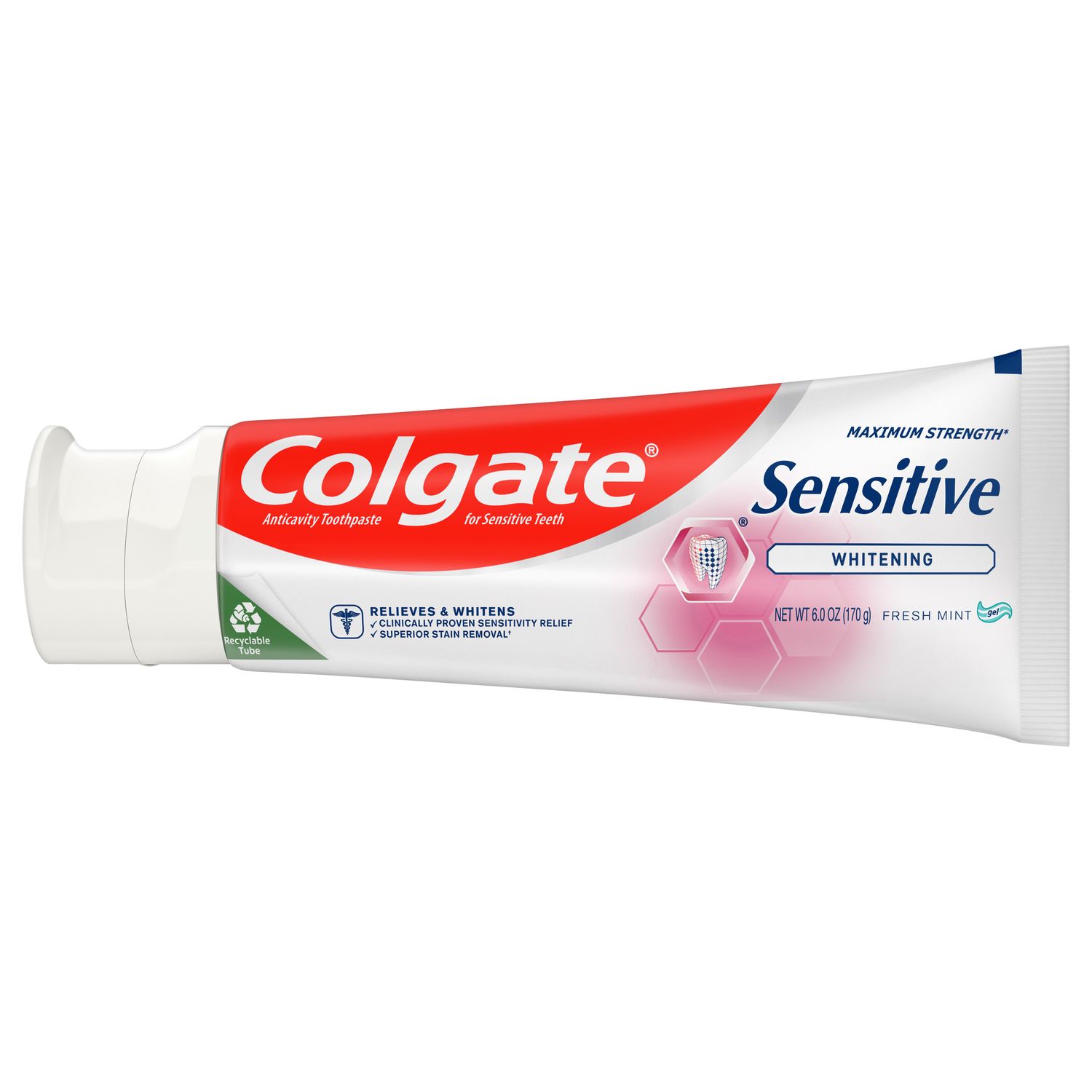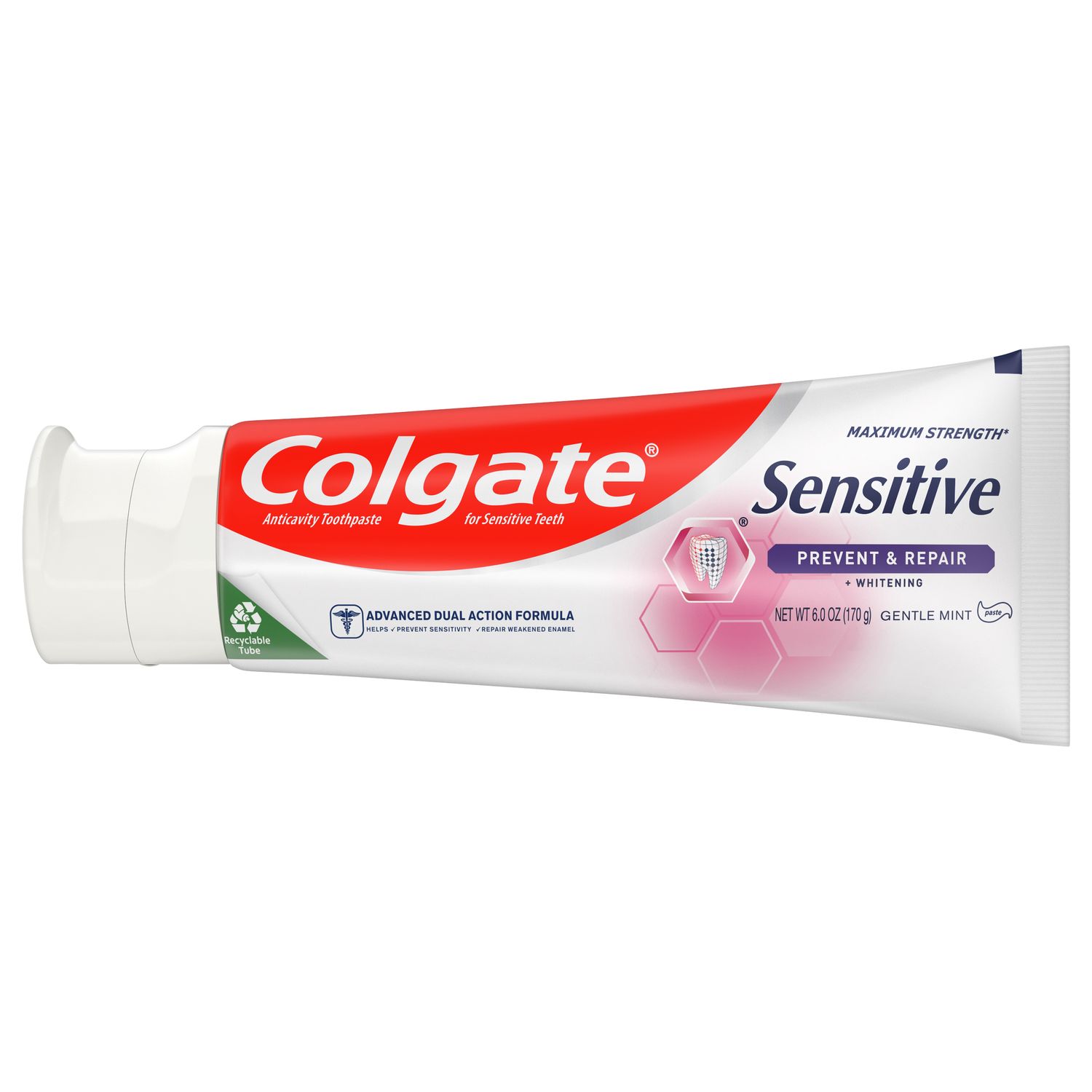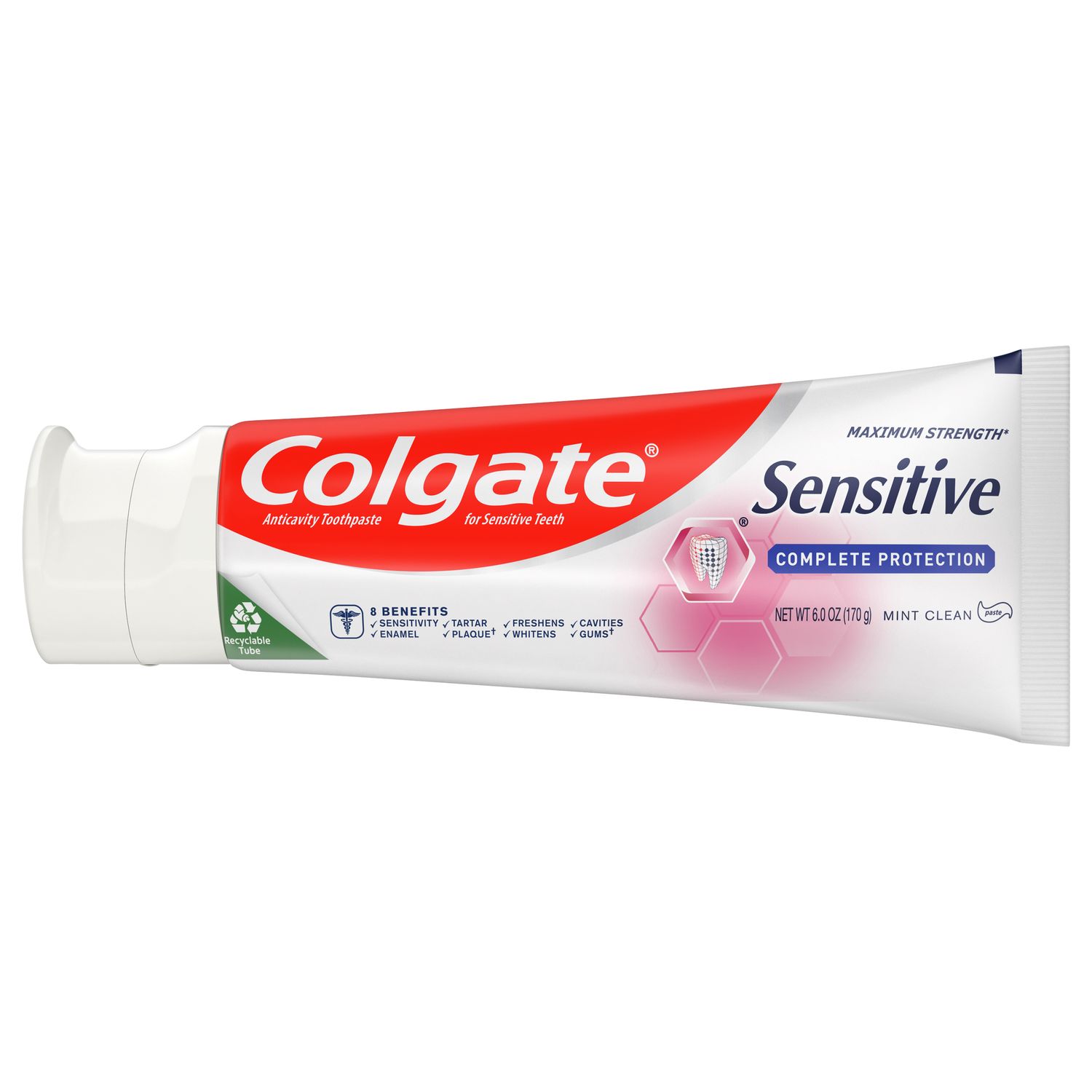- Enamel is the outer layer of each tooth. It's sort of a superhero since enamel's the hardest substance in our entire bodies and helps protect us from tooth sensitivity. Yay for enamel!
- Directly beneath enamel is the dentin layer. Though considerably softer than enamel, it supports your tooth's structure. (Hurray, dentin!) Dentin contains thousands of microscopic tubules with nerve endings connecting directly to the inner pulp of the tooth.
- Dental pulp contains the nerve fiber that interprets everything as pain. Yikes!
If your enamel wears away, exposing your dentin, then cold, heat, pressure, or almost anything can cause sensitivity. To learn how to prevent exposed dentin, first be aware of the causes. If you already have exposed dentin, know what treatments are at the ready.
Dentin Exposure: Causes and Prevention
The best way to avoid sensitivity due to dentin exposure is to prevent practices or conditions leading to enamel erosion. Luckily, for the most common causes of dentin exposure, there's a preventive measure.
Grinding
Cause of Exposure: Teeth grinding, also known as bruxism, can result from stress, malocclusion (a misaligned bite), or certain diseases affecting your muscles. Over time, grinding can lead to thinning enamel on your teeth's biting surfaces. Eventually, this thinning will cause the enamel to wear away, leaving the dentin exposed.
Prevention: Your doctor and dentist can advise you on ways to prevent grinding, which can include dental work, orthodontia, stress management, medications, or sleep disorder treatments.
However, to prevent your enamel from thinning, your dentist can make a splint or an acrylic mouthguard to reduce clenching while you sleep. While they won't stop the grinding, these items will protect your teeth from wearing down.
Gum Recession
Cause of Exposure: When plaque accumulates along your gingival margin, the edge of the gum that meets your teeth, the result can be gum recession (and disease). When your gums recede below your enamel layer into the root, your cementum layer will be exposed. This can lead to dentin exposure.
Prevention: This is where your oral health routine comes into play:
- Gently brush twice daily with fluoride toothpaste.
- Floss once a day.
- Schedule twice-annual dental checkups at which your dental professional examines your gums for any recession.
Yep, it's that easy!
Overzealous Brushing
Cause of Exposure: Using a hard toothbrush and repeatedly scrubbing, especially with abrasive toothpaste, can also scrape off your enamel and expose dentin. Overbrushing is most troublesome along the gumline, where the enamel is thinnest.
Prevention: If you're a vigorous brusher, switch to a soft-bristled brush or an electric toothbrush that alerts you when you brush too hard. Also, use non-abrasive toothpaste, one with a low Relative Dentin Abrasivity (RDA) number.
And don't forget to floss! Removing bacteria in-between your teeth makes them feel cleaner and helps prevent cavities and gum inflammation. That, in turn, reduces your risk of gum recession and sensitivity.
Heartburn/Gastroesophageal Reflux Disease (GERD)
Cause of Exposure: When gastric reflux occurs, your stomach acid enters your mouth, leading to enamel erosion and tooth decay.
Prevention: By managing GERD, you can help prevent dentin exposure. Consult your doctor, who might recommend lifestyle changes, prescription or over-the-counter medicine, or surgery.
Treating Exposed Dentin
Once dentin exposure occurs, you'll experience sensitivity ranging from mild yet annoying sensations to brief but intense shooting pains. Exposed dentin treatments your dentist might suggest include those noted by the American Dental Association (ADA):
- Desensitizing toothpaste: Ask your dentist what toothpaste best blocks tooth nerve sensitivity. You might have to brush over several days before you notice a sensitivity reduction.
- Fluoride gel: Your dental professional will administer this gel, which does double duty: It strengthens your tooth enamel and reduces teeth sensitivity.
- Dental crowns, inlays, or bonding: Your dentist might perform one of these procedures if your sensitivity results from decay or a dental imperfection.
- Surgical gum graft: If you lose gum tissue at the root level, a graft can reduce sensitivity while protecting the root.
- Root canal: If your teeth don't respond to other treatments, this is usually the last resort if you experience severe, persistent tooth sensitivity.
Learning about your teeth' layers helps you understand what causes tooth sensitivity – or hypersensitivity – due to dentin exposure. And that's the first step to prevention. It's good to know treatments exist for dentin exposure, but it's better if you can keep your enamel healthy. After all, that's the layer exposing your smile.
This article is intended to promote understanding of and knowledge about general oral health topics. It is not intended to be a substitute for professional advice, diagnosis or treatment. Always seek the advice of your dentist or other qualified healthcare provider with any questions you may have regarding a medical condition or treatment.
ORAL HEALTH QUIZ
What's behind your smile?
Take our Oral Health assessment to get the most from your oral care routine
ORAL HEALTH QUIZ
What's behind your smile?
Take our Oral Health assessment to get the most from your oral care routine














